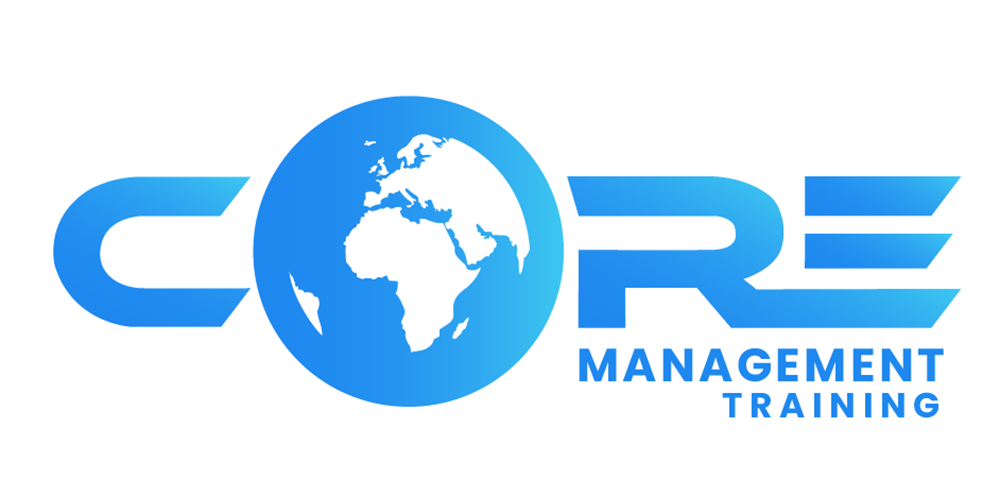Interviewing is a critical component of the hiring process, and the role of a manager in this process cannot be overstated. Effective interviewing skills can greatly influence the quality of candidates brought into your team and, consequently, impact the overall success of your projects and goals. In this blog post, we’ll delve into the key aspects of successful interviewing skills for managers, exploring the significance of interviews, the manager’s role, and the connection between impactful interviews and the creation of robust, high-performing teams.
The Manager’s Role in Conducting Effective Interviews
As a manager, you are not just leading your team but also actively contributing to its growth by selecting the right individuals who align with your team’s goals and dynamics. One of your key responsibilities is to develop a bench and to hire top notch people to add to your team.

It’s important to conduct interviews that provide insight beyond what is conveyed on paper. By skillfully navigating the interview process, you can identify candidates who not only possess the necessary skills but also resonate with your team’s values and culture.
Have a hiring philosophy:
“I like to hire people who have a specific lane, who do something very well. I hire a lot of people who are smarter than me. If I’m the smartest person in my company, then my company will go nowhere.” – Issa Rae, director, actor, and writer
The Impact of Interviews on Hiring Top-Quality Candidates
Effective interviews are the gateway to selecting top-tier candidates. The ability to identify talent goes beyond surface-level qualifications; it involves evaluating soft skills, adaptability, problem-solving capabilities, and cultural fit.

A well-conducted interview helps you identify candidates who have the potential to excel within your team and contribute to its overall success.
Being on time and well prepared for the interview speaks volumes not only about the manager but also the organization. Timely follow up, even candidates that aren’t hired can help them look upon the organization favorably. Remember some of them are customers also.
The Link Between Successful Interviews and Building Strong Teams
Strong teams are the foundation of any successful organization. An interview is not just about assessing a candidate’s fit for the role but also about assessing how they will complement and enhance your existing team. Do you feel there is a role or personality type that is missing from the team? By asking the right questions and delving into candidates’ experiences and perspectives, you can gauge their ability to collaborate, communicate, and contribute positively to team dynamics. Even in sales where people work individual territories; often more than one person is calling on a customer (especially pharma), so collaboration is important.

Effective interviewing also plays a crucial role in employee retention. When candidates are interviewed thoroughly and with a focus on alignment with the team and company, they are more likely to feel valued and engaged from the outset. This initial positive experience sets the stage for their long-term commitment and growth within the organization.
It can also be beneficial to conduct a retention interview with current employees. Interviewing is a two-way process of selling people on why someone should stay with the organization.
As a manager, your role in conducting interviews extends beyond merely evaluating candidates for a specific position. Your interviewing skills can shape the trajectory of your team’s success by bringing in individuals who not only have the requisite skills but also embody the qualities and values that drive your team’s achievements. Interviews are an opportunity to build strong teams that can tackle challenges, foster innovation, and achieve long-term goals.
Stay tuned for the next parts of this blog series, where we will delve deeper into the techniques and strategies that can help you master the art of effective interviewing as a manager. By honing these skills, you’ll not only contribute to the growth of your team but also enhance your own abilities as a leader.

In the upcoming posts, we’ll explore topics such as crafting impactful interview questions, evaluating candidates’ responses, fostering diversity in hiring, and adhering to legal compliance in the interview process.
If you would like to learn more about Core Management Training, click here.
If you want to read more blogs, click here.
For more Great Content click here


